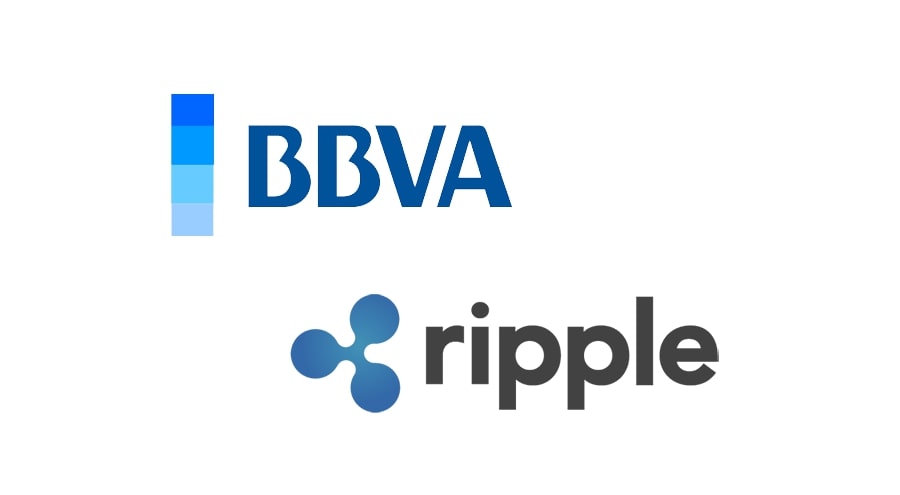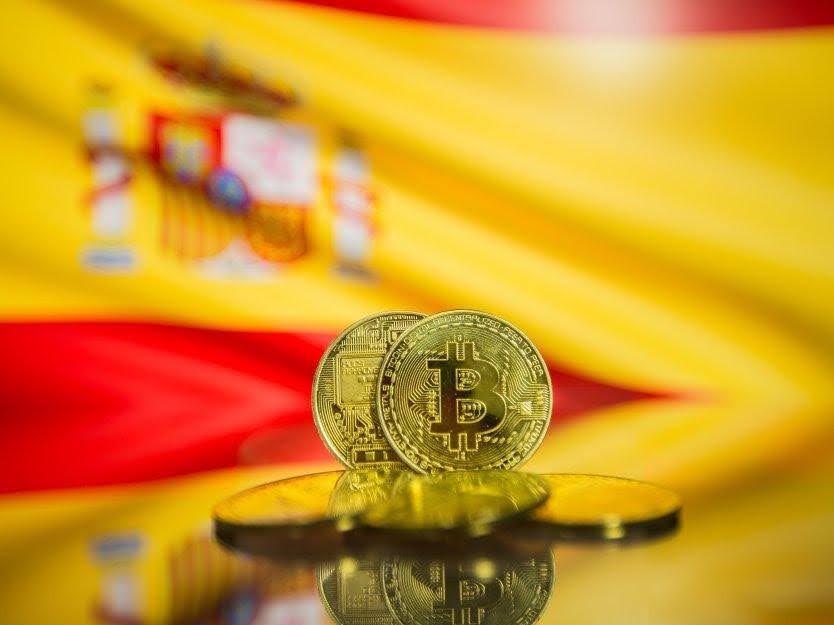Ripple Secures $20B Spanish Banking Market with BBVA Crypto Custody Deal
Key Takeaways:
- Ripple partners with BBVA to power Spain’s retail crypto custody, covering Bitcoin and Ether.
- The move leverages Ripple Custody, built on institutional-grade infrastructure, under EU’s MiCA framework.
- The agreement strengthens Ripple’s European footprint after partnerships in Switzerland and Turkey.
Ripple has struck a major deal with BBVA, one of Europe’s largest banks, to integrate its digital asset custody technology into the bank’s newly launched retail crypto services in Spain. The partnership, announced on September 9, 2025, positions Ripple as a leading infrastructure provider for traditional banks adapting to Europe’s tightening crypto regulatory regime.
Read More: Ripple and SBI to Launch RLUSD Stablecoin in Japan’s $300B Market by 2026

Ripple and BBVA: Building a Crypto Banking Bridge
The agreement allows BBVA to rely on Ripple Custody, the blockchain firm’s self-custody infrastructure, to safeguard tokenized assets such as Bitcoin (BTC) and Ether (ETH). BBVA’s decision comes as the bank rolls out crypto trading and custody services for Spanish retail customers, following earlier pilots in Switzerland and Turkey.
Ripple Custody is not new to BBVA. The Spanish giant has already implemented it within its Swiss and Turkish operations. But Spain marks a larger consumer-facing leap, opening the door to millions of potential retail customers under Europe’s Markets in Crypto-Assets (MiCA) regulation.
“BBVA has long demonstrated strong leadership in digitization and innovation,” said Francisco Maroto, Head of Digital Assets at BBVA. “Ripple’s custody solution allows us to provide an end-to-end service with the security and trust expected from a global bank.”
Read More: Ripple Acquires Rail in $200M Move to Dominate Stablecoin Market
MiCA: The Catalyst for Bank-Led Crypto Adoption
The timing of this deal is not accidental. Europe’s MiCA regulation, which took effect in 2024, provides a harmonized framework for banks and financial institutions to offer digital asset services across the EU.
For years, regulatory uncertainty had kept traditional banks on the sidelines of crypto. Now, with MiCA’s rules in place, institutions like BBVA are moving quickly to capture early market share.
Cassie Craddock, Ripple’s Managing Director for Europe, emphasized this regulatory tailwind:
“Now that MiCA is established across Europe, banks are emboldened to launch digital asset offerings their customers have been demanding. Ripple is proud to support BBVA with compliant, secure technology designed for institutional scale.”
Ripple Custody: A Strategic Bet Beyond Payments
Ripple is most famously recognized by its cross-border payments offerings that make use of the XRP Ledger. However, over the past years, it has expanded its line-up, especially following its acquisition of Swiss custody provider Metaco in 2023, which formed the basis of Ripple Custody.
The provision of an institutional-grade custody will place Ripple in the company of such large participants as Fidelity Digital Assets, Anchorage Digital, and Coinbase Custody. The distinguishing feature of Ripple is its bank-first approach, which focuses on the global financial institutions and not on retail-facing exchanges.
Ripple has a long-term infrastructure provider credibility with 60+ regulatory licenses around the globe. The BBVA deal appreciates the fact that credibility and banks trust that Ripple will be able to fulfill high compliance, security and operation standards.
Spain as Ripple’s Next Crypto Stronghold
Spain is not Ripple, another market but a digital asset of retail banking of 20 billion dollars. The second-largest bank in the country is BBVA, and the fact that the bank is planning to launch crypto services can indicate that the mainstream adoption process in Southern Europe is rapidly gaining momentum.

Several other Spanish banks such as Santander and CaixaBank have been considering tokenization experiments and blockchain-based settlement systems. However, BBVA is the first to launch as a consumer crypto product, and, supported by the Ripple infrastructure, the bank hopes to become known as a secure and compliant portal to the digital world.
Ripple vs. Traditional Custodians – Who Leads the Race?
Among the most urgent questions of the crypto custody race, one may discuss whether it will be dominated by traditional custodians such as BNY Mellon, or crypto-oriented companies such as Ripple.
- Traditional custodians bring decades of trust but often lack blockchain-native expertise.
- Crypto-native custodians like Ripple are more agile, deeply integrated into blockchain infrastructure, and capable of adapting to tokenization trends.
Ripple has achieved the feat of winning over BBVA, one of the oldest banking giants with a history of over 160 years, which proves that crypto-native entrants can match the standards provided by conventional finance and can, to a certain extent, bridge the trust gap.
The post Ripple Secures $20B Spanish Banking Market with BBVA Crypto Custody Deal appeared first on CryptoNinjas.
CryptoNinjas



















